Outrage over Belarus Red Cross’s involvement in Ukrainian child transfers
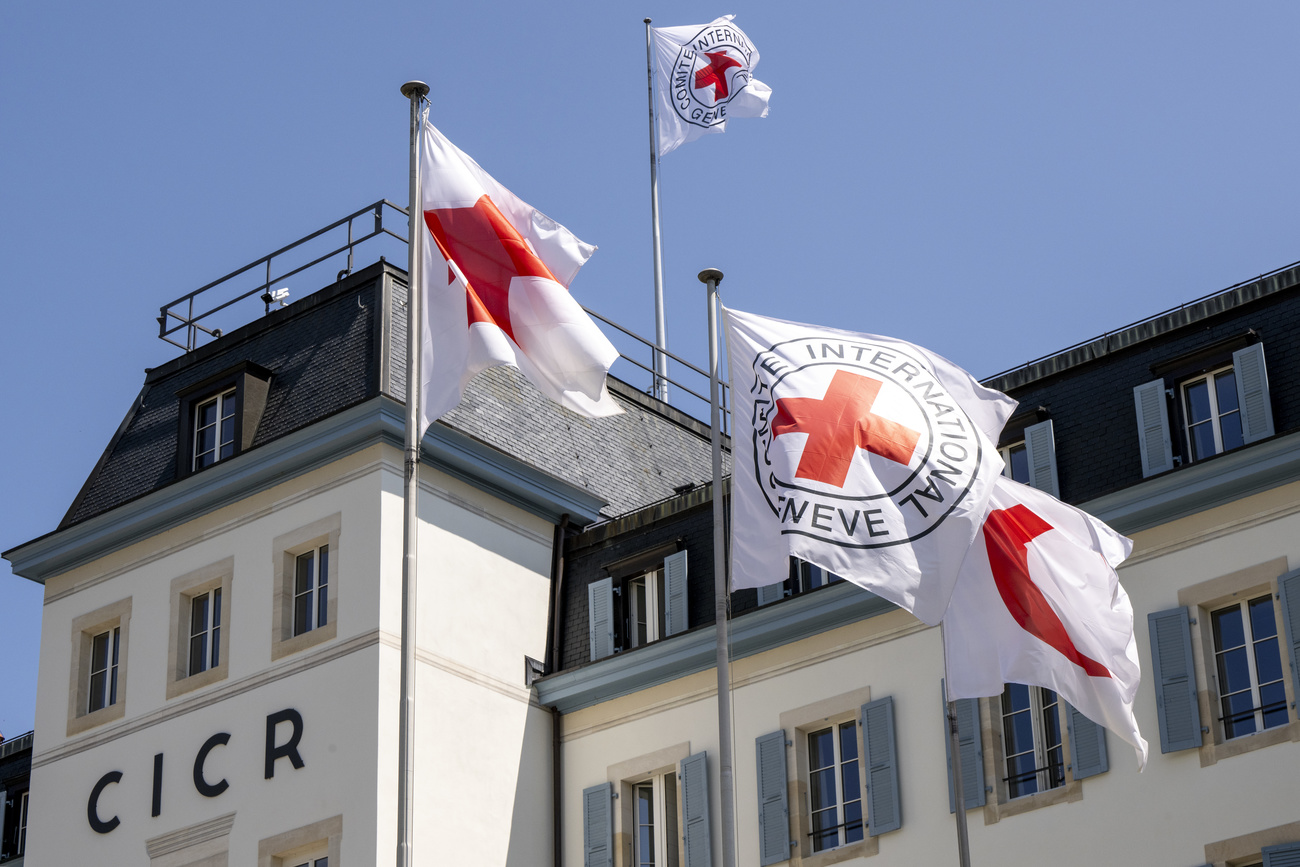
The Belarus Red Cross is facing a global backlash as its secretary general has admitted involvement in bringing Ukrainian children from Russian-occupied areas to Belarus.
Both Ukraine and the Belarusian opposition have condemned the transfer as unlawful deportations. Calls for international war crimes charges for the authoritarian Belarus leader have been raised.
The actions of the Belarus Red Cross drew stern criticism from the Geneva-based International Federation of Red Cross and Red Crescent Societies (IFRC).

More
Red Cross commissions external audit to manage financial woes
Belarus has been Moscow’s closest ally since Russia’s invasion started in February 2022, with its leader Alexander Lukashenko allowing the Kremlin to use Belarusian territory to send troops and weapons into Ukraine. Lukashenko has also welcomed a Russian military presence in Belarus and the deployment of Russia’s tactical nuclear weapons there.
Belarusian opposition figures have accused Lukashenko of facilitating the forcible transfer of Ukrainian children to Belarus, allegations Minsk angrily rejected.
A report aired on Wednesday by the state Belarus 1 TV channel showed Dzmitry Shautsou, the secretary general of the Belarus Red Cross, visiting the Russian-held Ukrainian city of Lysychansk in the Luhansk region.
In the footage, he says the organisation was actively involved in bringing Ukrainian children to Belarus for “health improvement” purposes. “The Belarus Red Cross has taken — and is taking and will be taking — an active part in it,” Shautsou said.
Ukraine’s Foreign Minister Dmytro Kuleba urged the International Criminal Court (ICC) “to issue an arrest warrant” for Shautsou, saying that he “has publicly confessed to the crime of unlawful deportation of children from occupied areas of Ukraine”.
More
President of IFRC to resign amid controversy in Italy
Last month Belarusian opposition activist Pavel Latushka said he had provided the ICC with material allegedly detailing the forced transfer of 2,100 Ukrainian children from at least 15 Russia-occupied Ukrainian cities to Belarus with Lukashenko’s approval.
In May, the Ukrainian prosecutor general’s office announced an investigation into the forced transfers.
Belarusian authorities have confirmed hosting more than 1,000 children, aged 6-15, from Russian-held parts of Ukraine for health reasons. The first group of 350 children arrived in April, officials said, without providing further details.
Shautsou from the Belarus Red Cross said he was working with a state-backed charity foundation to make “the children forget the horrors of the war and just rest, feel that there’s an island of happiness.”
‘Risk damaging trust’
The Belarus Red Cross is the biggest humanitarian organisation in Belarus and is part of the international Red Cross.
The IFRC said it had learned about Shautsou’s visit to Donbas through the media. The Geneva representatives stated they had referred the issue to an independent compliance committee, which investigates any “alleged breaches of integrity”.
“These actions risk damaging the trust of our work in supporting communities in need,” the federation said in a statementExternal link published on their website.
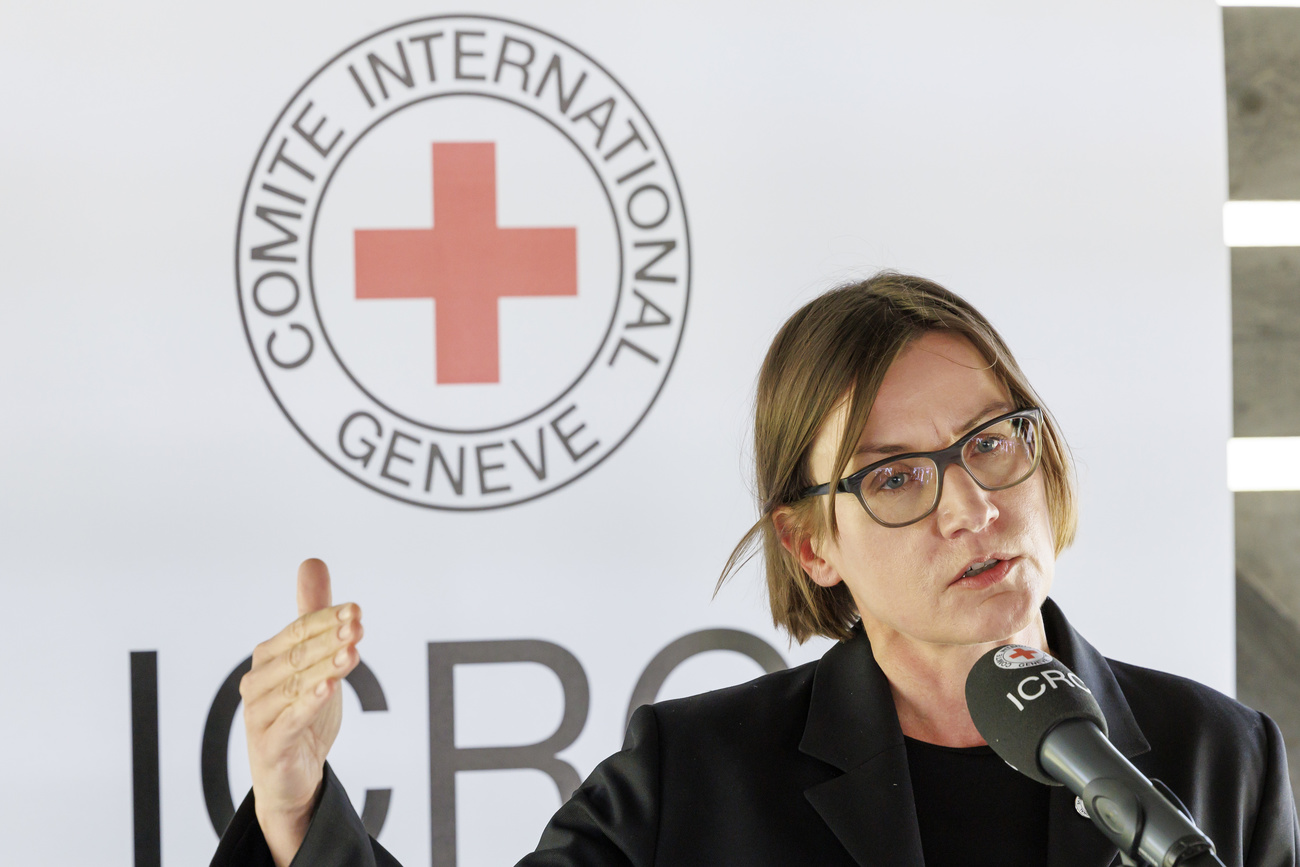
More
Funding gap: ICRC calls on big donors to step up
It stressed that the Belarus Red Cross secretary general didn’t speak on behalf of the federation “and his statements do not represent our views”.
In March, the ICC issued warrants for both Russian President Vladimir Putin and his commissioner for children’s rights, Maria Lvova-Belova. Judges in The Hague said they found “reasonable grounds to believe” that the two were responsible for the war crimes of unlawful deportation of children and unlawful transfer of children from occupied areas of Ukraine to Russia. Moscow has angrily rejected the move.
European Parliament members on Tuesday called on the ICC “to consider a similar arrest warrant” for Lukashenkо.

In compliance with the JTI standards
More: SWI swissinfo.ch certified by the Journalism Trust Initiative











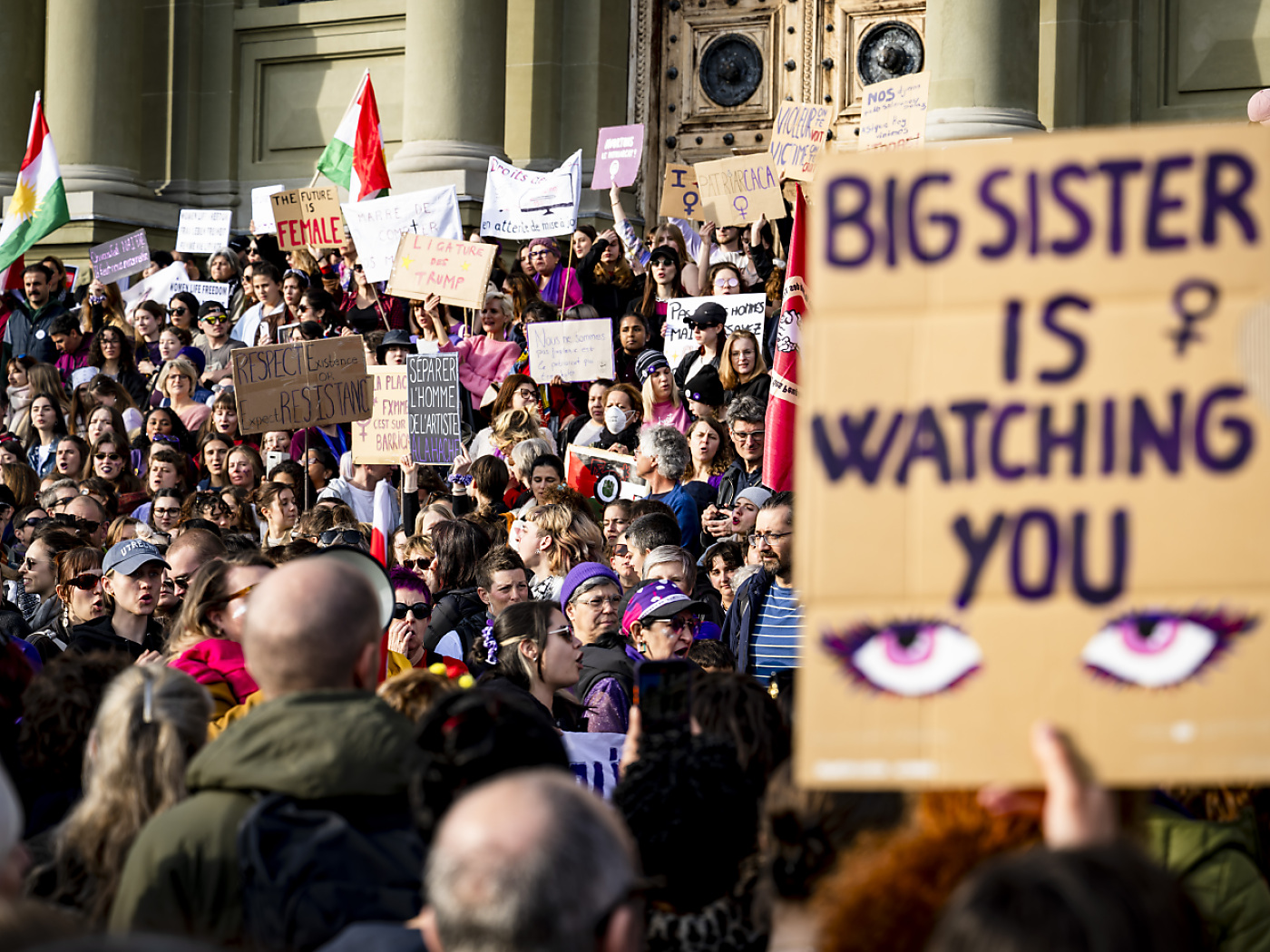
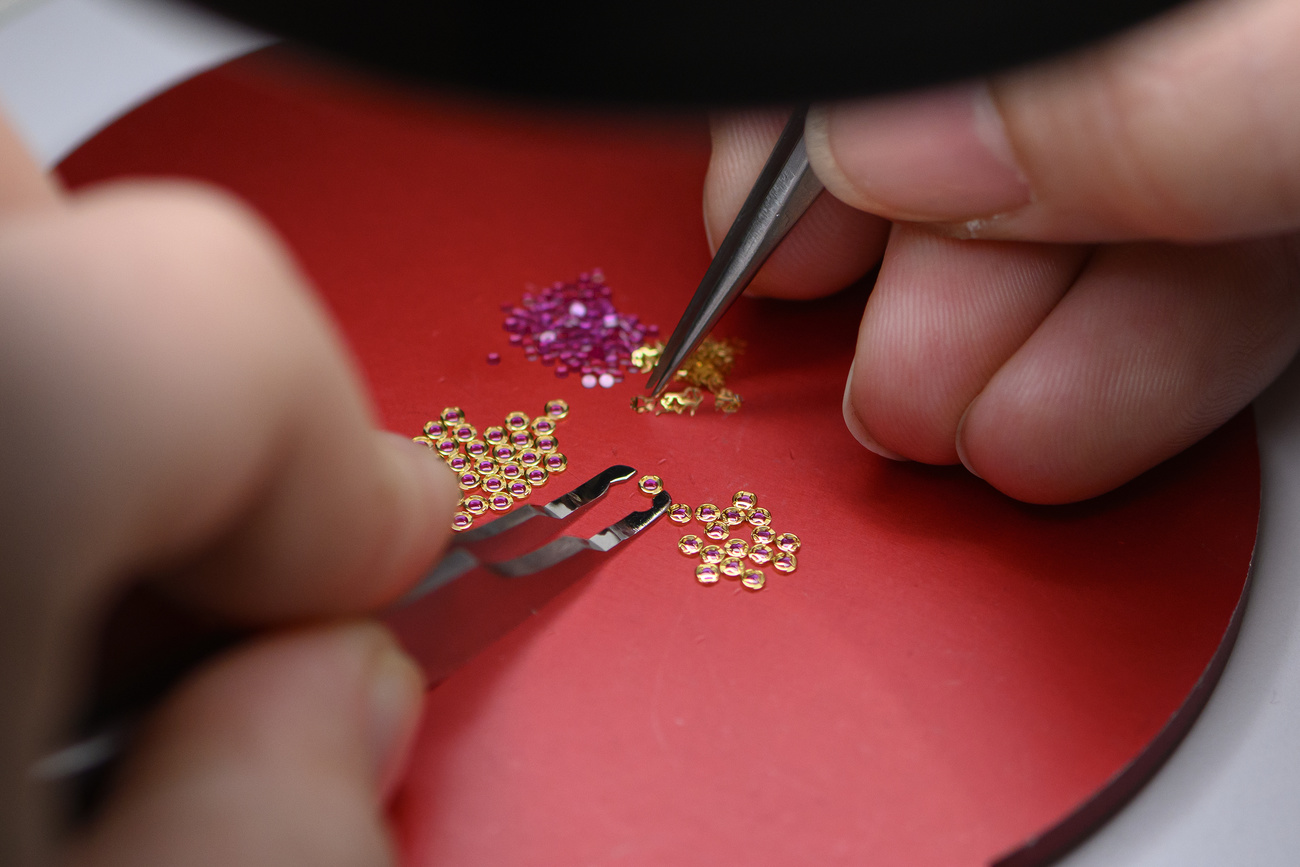

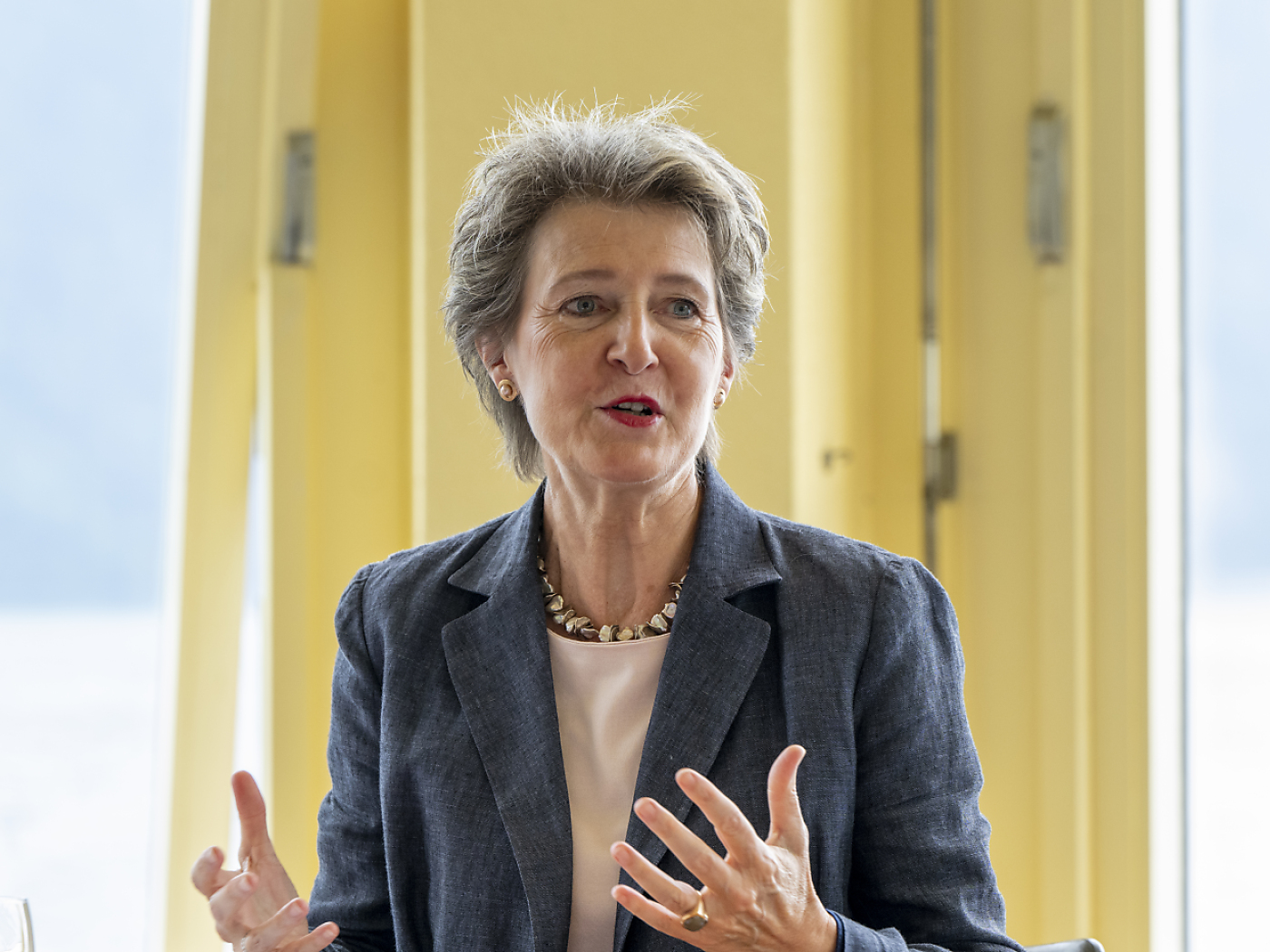
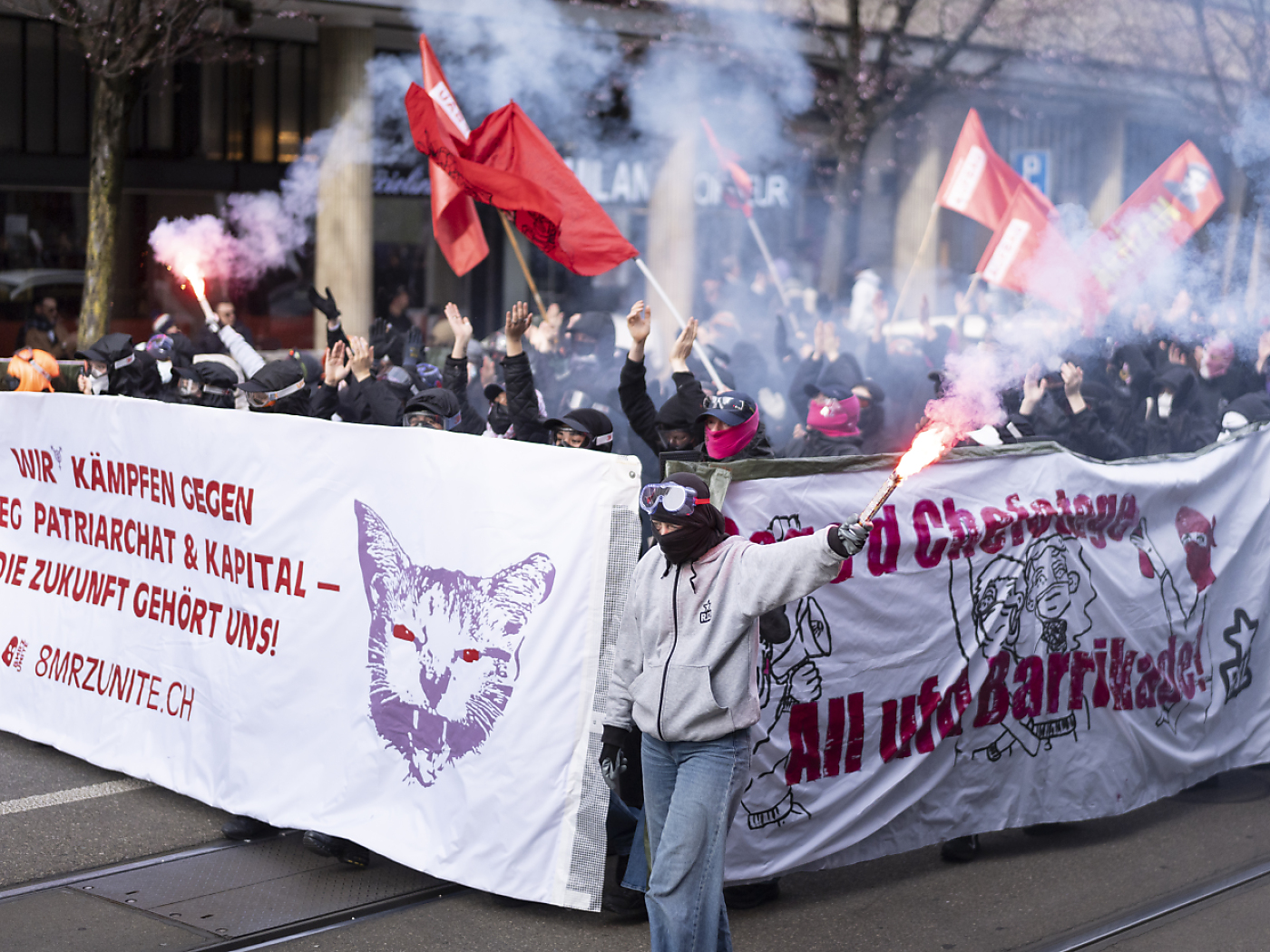




You can find an overview of ongoing debates with our journalists here . Please join us!
If you want to start a conversation about a topic raised in this article or want to report factual errors, email us at english@swissinfo.ch.